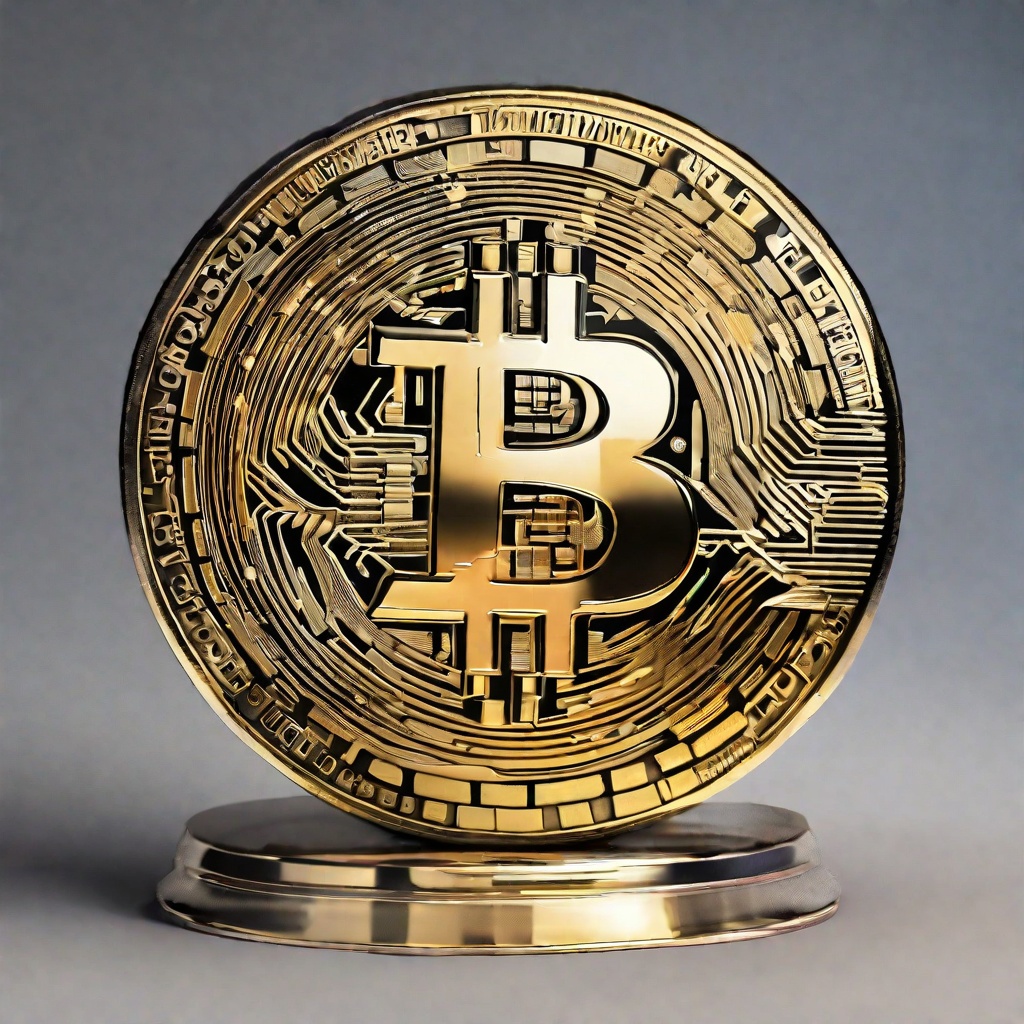What is a bond exchange-traded fund?
Could you elaborate on the concept of a bond exchange-traded fund? I'm particularly interested in understanding how it differs from traditional bond investments. Does a bond ETF offer the same level of diversification and liquidity? Also, what are the main risks associated with investing in a bond ETF? I'd appreciate a concise yet comprehensive explanation that highlights the key features and considerations for potential investors.

What is a value exchange-traded fund?
Excuse me, I'm curious to know more about value exchange-traded funds. Could you please explain in simple terms what a value ETF is? As a layman in the field of finance, I've heard the term but am not entirely sure of its workings. I understand that ETFs in general are baskets of securities that track a certain index or benchmark, but how does a value ETF specifically differ? What types of securities does it typically invest in? And why would investors choose a value ETF over other types of investments? Thank you for your insight.

What is a commodity exchange-traded fund (ETF)?
Could you elaborate on the concept of a commodity exchange-traded fund (ETF)? I'm curious to understand how it differs from other types of investment funds. Specifically, how does a commodity ETF work? Does it involve direct ownership of commodities or does it utilize derivatives? Also, are commodity ETFs available for all types of commodities, or are there certain limitations? I'm interested in the potential risks and rewards associated with investing in such funds, as well as how they might fit into a diversified investment portfolio. Thank you for your insight.

What is an ETF (Exchange-Traded Fund)?
In the world of financial markets and investments, one often encounters various terms and concepts that can be quite confusing for the uninitiated. One such term that has gained significant popularity in recent years is an ETF, or Exchange-Traded Fund. So, what exactly is an ETF? Put simply, an ETF is a type of investment fund that is traded on stock exchanges, much like individual stocks. However, unlike traditional mutual funds, ETFs can be bought and sold throughout the trading day, providing investors with more flexibility. They also offer diversified portfolios, allowing investors to gain exposure to a wide range of assets without having to purchase each one individually. ETFs can track various indexes, commodities, bonds, or even specific sectors and strategies, making them a versatile investment tool for investors of all levels.

Will the SEC approve a bitcoin exchange-traded fund?
The question on many investors' lips is: "Will the SEC approve a bitcoin exchange-traded fund?" This question is gaining traction in the financial community as the potential for a bitcoin ETF has the potential to revolutionize the cryptocurrency market. The SEC's approval would signify a major step forward in the legitimacy of bitcoin and its underlying blockchain technology. However, there are many regulatory considerations and potential risks that the SEC must evaluate before making a decision. Will the SEC ultimately greenlight a bitcoin ETF? Only time will tell, but the potential impact on the cryptocurrency market could be immense.

